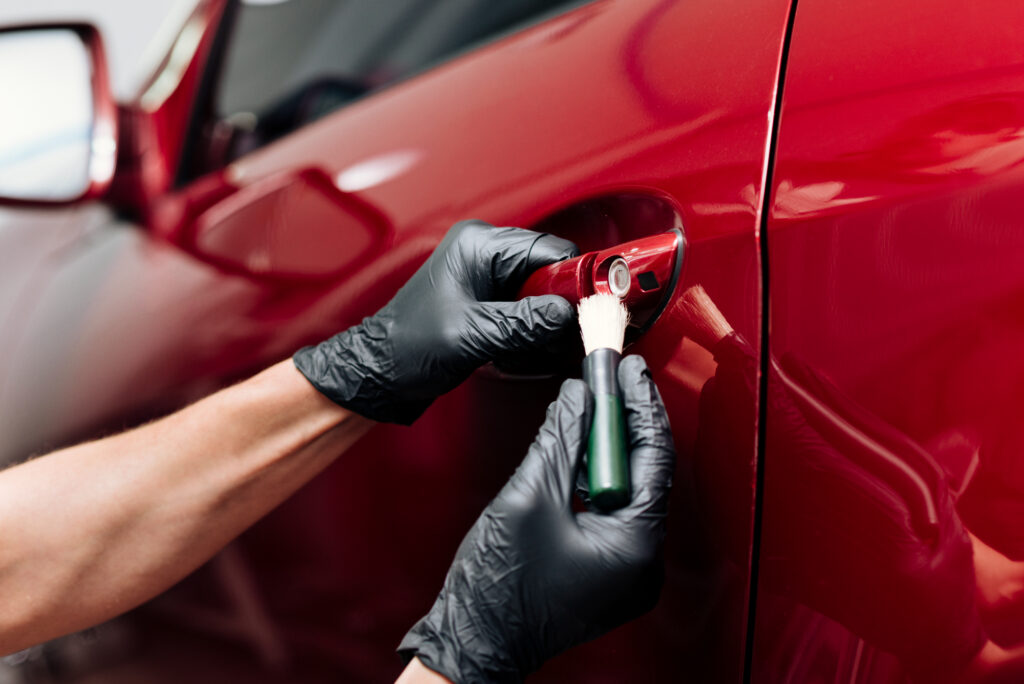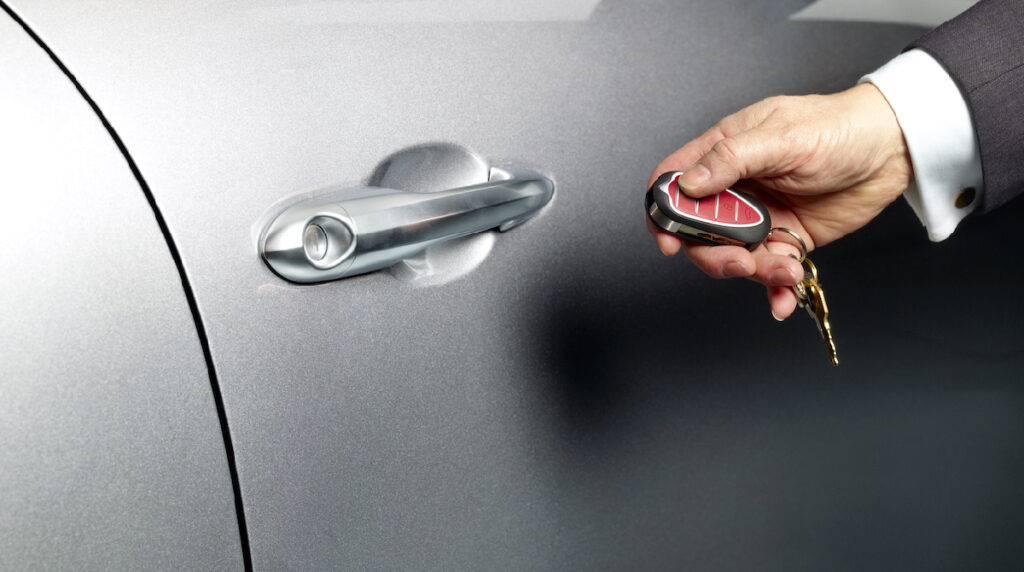Car locks are an essential part of your vehicle’s security system, protecting you and your belongings from unauthorized access. However, like any mechanical system, car locks require proper maintenance to function effectively over time. This ultimate guide will walk you through the steps to maintain your car locks, identify common issues, and know when to seek professional help.
Why Car Lock Maintenance Matters
Car locks are subjected to daily use and exposure to various environmental factors, such as dirt, dust, moisture, and temperature fluctuations. Neglecting their maintenance can lead to issues like:
- Difficulty locking or unlocking doors
- Key fob malfunctions
- Broken or stuck keys
- Reduced security
Regular maintenance ensures your car locks work seamlessly, extending their lifespan and reducing the risk of costly repairs.
Signs Your Car Locks Need Attention
Watch out for these common warning signs that your car locks may require maintenance:
- Key Resistance: If the key feels stiff or doesn’t turn smoothly, it’s time to inspect the lock.
- Delayed Response: A slow or unresponsive central locking system indicates potential issues.
- Rust or Corrosion: Visible rust can weaken the lock mechanism.
- Unusual Sounds: Clicking or grinding noises while locking or unlocking suggest internal wear.
- Frequent Key Fob Issues: Reduced range or erratic functionality could mean underlying problems with the lock.
Step-by-Step Guide to Maintaining Car Locks
1. Keep Locks Clean
- Use a soft brush or compressed air to remove dirt and debris from the keyhole.
- Avoid inserting sharp objects to clear blockages, as this can damage the lock.
2. Lubricate Regularly
- Apply a silicone-based or graphite lubricant to the lock mechanism every 6 months. Avoid oil-based lubricants as they attract dust.
- Insert the key and turn it a few times to distribute the lubricant evenly.
3. Protect Against Rust
- Use anti-corrosion sprays to protect locks from rust, especially in humid or rainy environments.
- Check for signs of rust and clean with a rust remover if necessary.

4. Check the Key Fob Battery
- Replace the key fob battery every 1-2 years or as soon as you notice a decrease in its range.
- Follow the manufacturer’s instructions for battery replacement to avoid damaging the fob.
5. Inspect the Door Alignment
- Misaligned doors can put pressure on the lock mechanism. If the door doesn’t close properly, consult a professional to realign it.
Troubleshooting Common Car Lock Problems
1. Frozen Locks
- Use a lock de-icer or warm the key gently with a lighter before inserting it.
- Avoid pouring hot water, as it can refreeze and cause damage.
2. Key Stuck in the Lock
- Wiggle the key gently while applying a lubricant.
- Avoid using excessive force, as this can break the key.
3. Central Locking Failure
- Check the car’s fuse box for blown fuses.
- Replace the key fob battery if necessary.
When to Call a Professional
Some car lock issues require the expertise of a professional locksmith. Seek help if:
- The lock is severely damaged or jammed.
- The key breaks inside the lock.
- The electronic locking system malfunctions.
- You’re locked out of your car without a spare key.
Professional locksmiths can repair or replace locks, program key fobs, and resolve complex issues efficiently.
Tips to Prevent Car Lock Issues
- Use the correct key to avoid wear and tear on the lock mechanism.
- Keep spare keys in a safe and accessible place.
- Avoid using force if a lock isn’t working smoothly.
- Regularly inspect and maintain your car locks as part of your vehicle’s upkeep routine.
Conclusion
Car locks play a vital role in your vehicle’s security and functionality. With proper maintenance, you can avoid common issues and ensure smooth operation for years to come. Follow this guide to keep your car locks in excellent condition, and don’t hesitate to consult a professional locksmith when needed. A little care today can save you from major headaches tomorrow!

